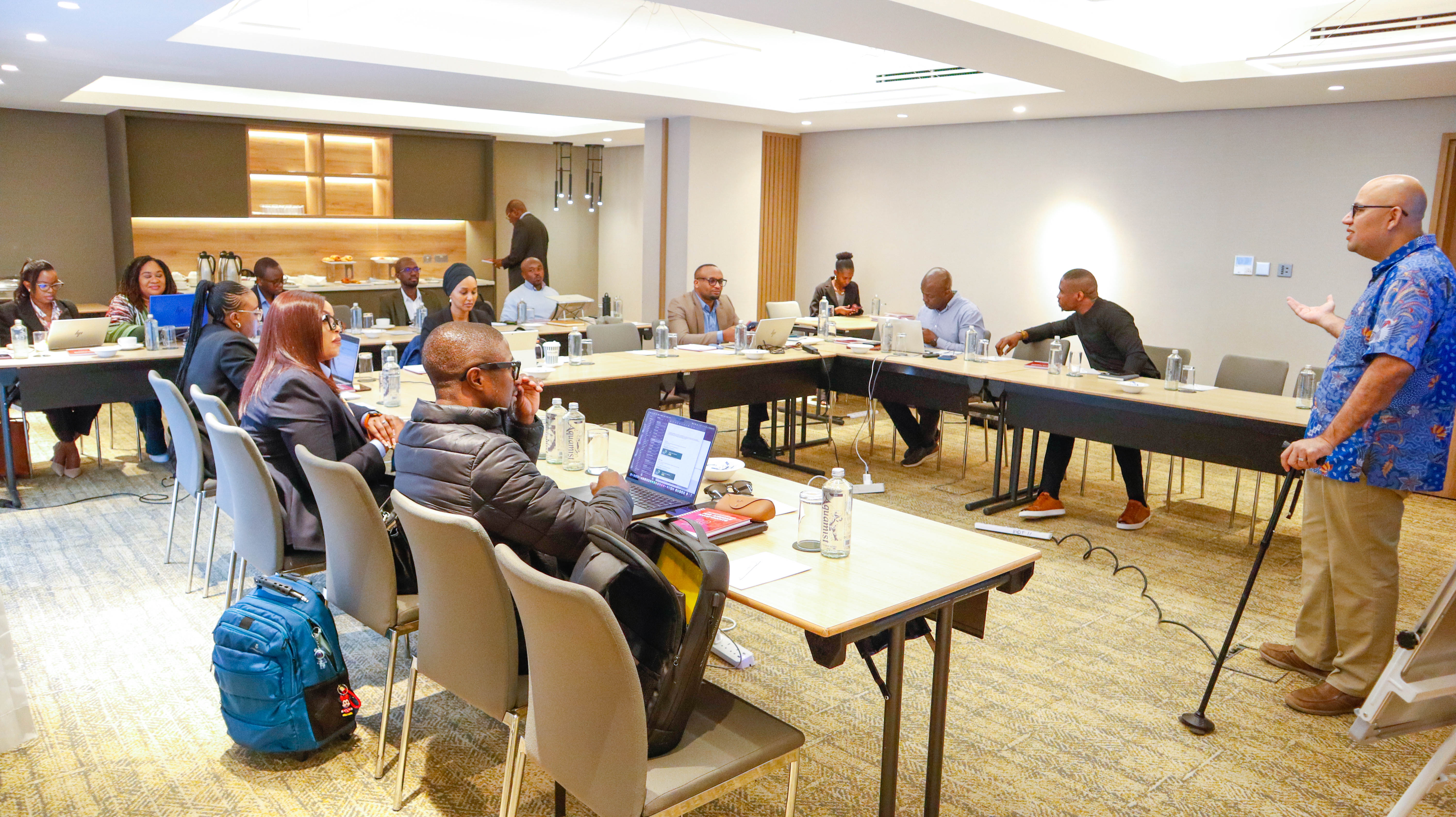The African business landscape is undergoing a transformation. Enterprises that once thrived under familiar conditions are now navigating a more complex and unpredictable environment. From global economic fluctuations to shifting investor expectations, the pressures on organizations have never been greater. The tightening of funding channels, coupled with the growing demand for businesses to demonstrate accountability in their operations, is reshaping how companies plan, act, and grow. In this evolving context, adaptation is not merely an option; it has become essential for survival and long-term success.
One of the most practical and promising solutions to these challenges is sustainability. Rather than being viewed solely as a compliance requirement or a marketing tool, sustainability represents a strategic approach to doing business more efficiently and responsibly. It focuses on making the most of existing resources, enabling organizations to thrive without necessarily pursuing unchecked expansion. By adopting sustainable practices, businesses can optimize their operations, cut waste, and improve resource efficiency while upholding transparency and responsibility—two qualities increasingly valued by partners, customers, and regulators alike.
At the same time, sustainability paves the way for meaningful growth. It opens doors to new markets where sustainable credentials are no longer optional but a prerequisite for participation. Impact-driven investors and development partners are actively seeking businesses that can demonstrate responsible practices, while consumers are gravitating toward companies that align with their values. Moreover, the integration of sustainability often fosters innovation, encouraging enterprises to develop new products, services, and processes that not only reduce risk but also generate long-term competitiveness. Importantly, this approach is not confined to any one sector or region; it is universal and adaptable across industries, making it a powerful tool for African businesses striving to remain relevant in a global economy.
Beyond sustainability, broader economic shifts are redefining how African enterprises must position themselves. For years, many organizations relied heavily on traditional donor funding or predictable markets, but that reality is changing. Some funders are pulling back or redirecting their support, influenced by global priorities or domestic pressures in their home countries. This has left many African enterprises facing funding gaps that threaten their stability. In such an environment, resilience becomes the distinguishing factor between businesses that stagnate and those that seize new opportunities. Building resilience requires more than cost-cutting; it calls for diversification of revenue, operational efficiency, and the ability to foresee and respond to disruptions with agility.
Read also: Driving organizational change through comprehensive sustainability training
Compounding this challenge is the rapidly evolving regulatory landscape across the continent. New policies are emerging on data protection, climate-related disclosures, and responsible business conduct. Governments and regional bodies are increasingly enforcing standards that align with global norms, and organizations that fail to keep pace risk losing contracts, partnerships, or even their licenses to operate. For many enterprises, this creates a knowledge gap—one that cannot be bridged by ad hoc efforts alone. Corporate trainings provide a structured pathway to close this gap by equipping staff with the knowledge and tools to remain compliant while meeting the expectations of their stakeholders.
To respond effectively to these realities, African enterprises need to invest in tailored training programs that build capacity across critical areas. Among the most impactful are sustainability standards and frameworks trainings, which help organizations align their strategies and reporting with globally recognized benchmarks such as the Global Reporting Initiative (GRI) Standards, the UN Sustainable Development Goals (SDGs), and various Environmental, Social, and Governance (ESG) frameworks. These programs are designed to give teams the ability to track, report, and improve their environmental and social impact—factors that are now central to maintaining investor confidence and customer loyalty.
Another essential area is resource mobilization training. As funding landscapes become more competitive and less predictable, enterprises must go beyond traditional fundraising approaches. Resource mobilization courses provide practical guidance on identifying diverse funding streams, cultivating stronger relationships with donors and investors, and crafting proposals that stand out in a crowded field. For many organizations, this training becomes the foundation for achieving financial sustainability in an environment where donor expectations are rising while available funds are shrinking.
In addition, leadership and change management training has emerged as a vital tool for organizations navigating transitions. Whether driven by digital transformation, market volatility, or policy reforms, change is a constant force that can either derail progress or propel growth. Leadership training equips managers and executives with the skills to guide their teams through uncertainty, foster collaboration, and embed a culture of innovation. Change management training, on the other hand, prepares employees at all levels to embrace new systems and processes rather than resist them, creating a more adaptive and resilient workforce.
Capacity building, however, is not a one-off activity. It is an ongoing investment in the future of African enterprises. The pace of change—whether economic, technological, or regulatory—means that organizations must continually refresh their knowledge and upgrade their skills. Those that commit to continuous learning are better positioned to anticipate risks, leverage emerging opportunities, and build partnerships that drive mutual value.
For African businesses seeking to remain competitive on the global stage, the path forward is clear: invest in the capacity of their people. By doing so, they create organizations that are not only prepared for today’s challenges but are also equipped to thrive in tomorrow’s economy. Through targeted corporate trainings in sustainability, resource mobilization, and change management, enterprises can move from surviving to leading—transforming pressures into pathways for sustainable growth and long-term resilience.


